

This guide provides a detailed overview of screw covers, helping you select the ideal solution for your specific needs. We'll explore different types, materials, applications, and factors to consider when making your choice. Learn how to protect your screws from damage, enhance aesthetics, and improve functionality with the perfect screw cover.
Plastic screw covers are widely used due to their affordability, versatility, and ease of installation. They come in various colors, shapes, and sizes, making them suitable for a wide range of applications. Common materials include ABS, polypropylene, and nylon, each offering different properties in terms of durability and resistance to chemicals and temperatures. For instance, ABS is known for its impact resistance, while nylon offers excellent chemical resistance. Consider the environment where the screw cover will be used when choosing a material. Many suppliers offer custom designs and colors for larger orders. For example, you can find numerous plastic screw cover options on sites like Alibaba. Remember to always check for compliance with relevant safety standards and regulations. Finding a reputable supplier, such as Hebei Muyi Import&Export Trading Co.,Ltd (https://www.muyi-trading.com/), is crucial for ensuring quality.
Metal screw covers, typically made of aluminum or stainless steel, offer superior durability and resistance to harsh environments. They are often preferred for outdoor applications or where high strength is required. The choice between aluminum and stainless steel depends on factors like corrosion resistance and cost. Stainless steel is more expensive but offers better protection against rust. Metal screw covers can be finished in various ways, including powder coating or anodizing, to enhance aesthetics and corrosion resistance. These covers can be easily sourced online or from industrial supply stores.
Rubber or silicone screw covers provide excellent sealing and protection against moisture and dust. These are ideal for applications requiring waterproofness or dustproofing, such as electronic enclosures or outdoor equipment. Silicone offers superior temperature resistance compared to rubber. The flexibility of these materials allows for a snug fit around screws of varying shapes and sizes. They are often used in automotive applications or in settings where vibration is a concern.
Selecting the right screw cover involves considering several crucial factors:
The installation process generally involves simply pushing or snapping the screw cover onto the screw head. However, some types might require specific tools or techniques. Always refer to the manufacturer's instructions for proper installation to avoid damage.
| Material | Pros | Cons |
|---|---|---|
| Plastic (ABS) | Affordable, Versatile, Easy to Install | Lower Durability, Susceptible to UV Degradation |
| Metal (Stainless Steel) | High Durability, Corrosion Resistant | More Expensive, Potentially Heavier |
| Rubber/Silicone | Excellent Seal, Vibration Dampening | Can Be Less Durable Than Metal, Limited Color Options |
Remember to always prioritize safety and follow all manufacturer guidelines when working with screw covers and related hardware. Choosing the right screw cover can greatly improve the longevity, appearance, and overall functionality of your project.

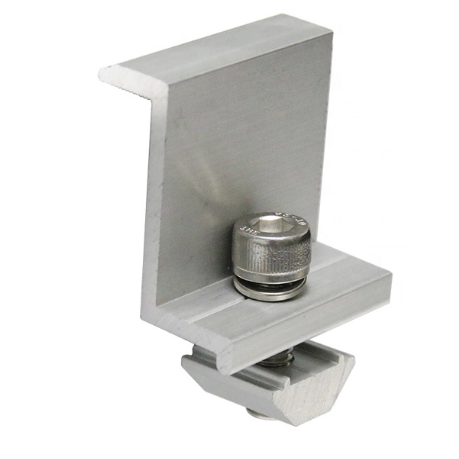

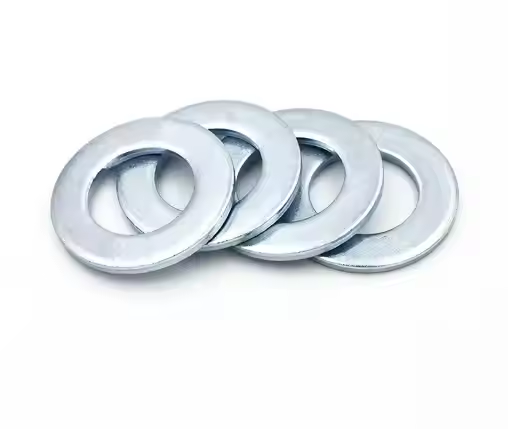

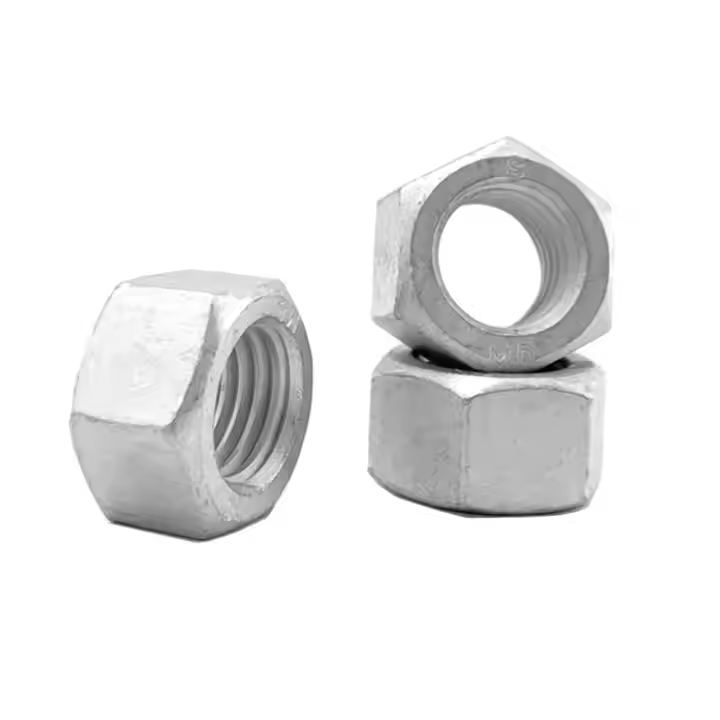
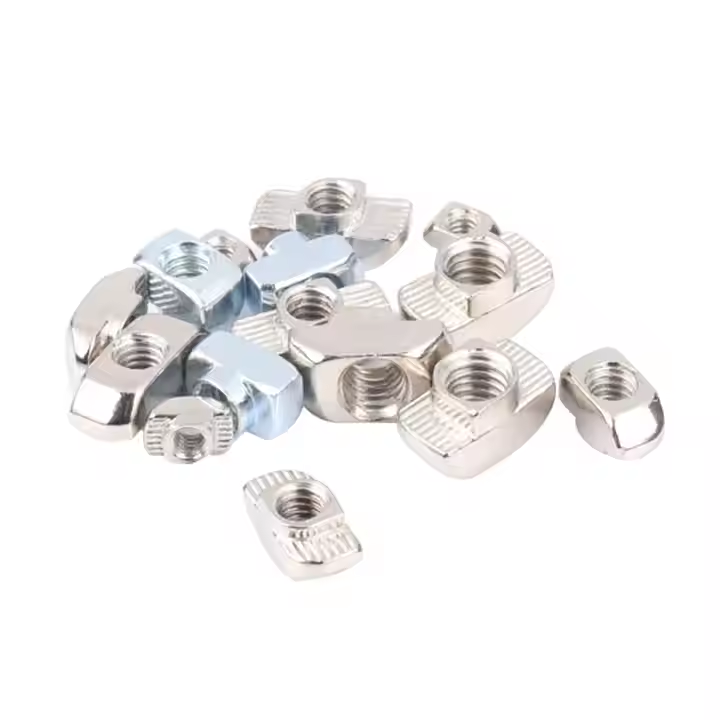
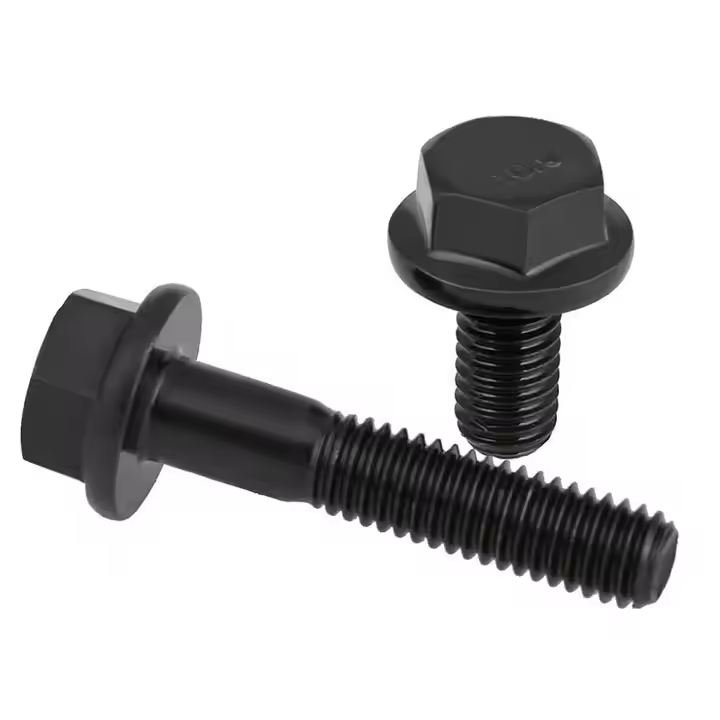


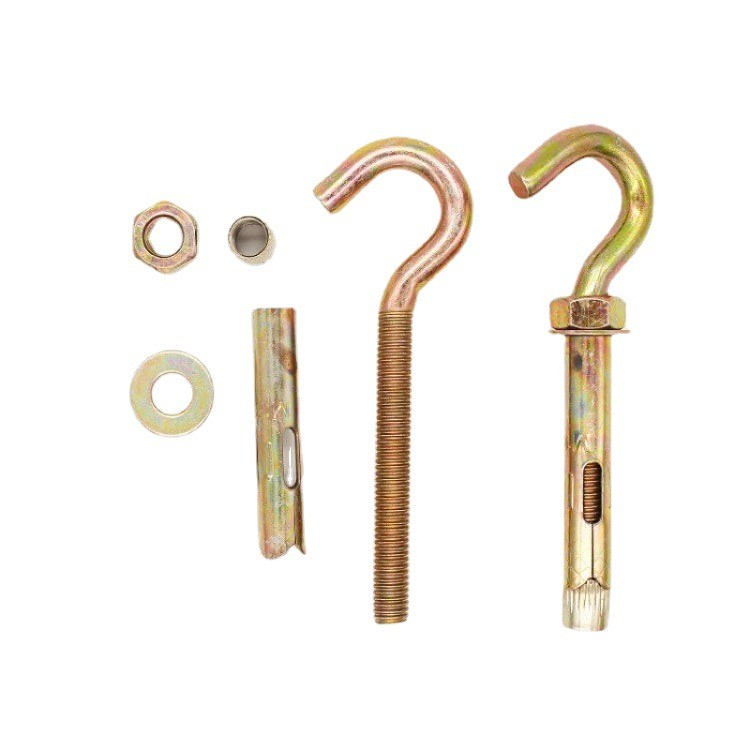
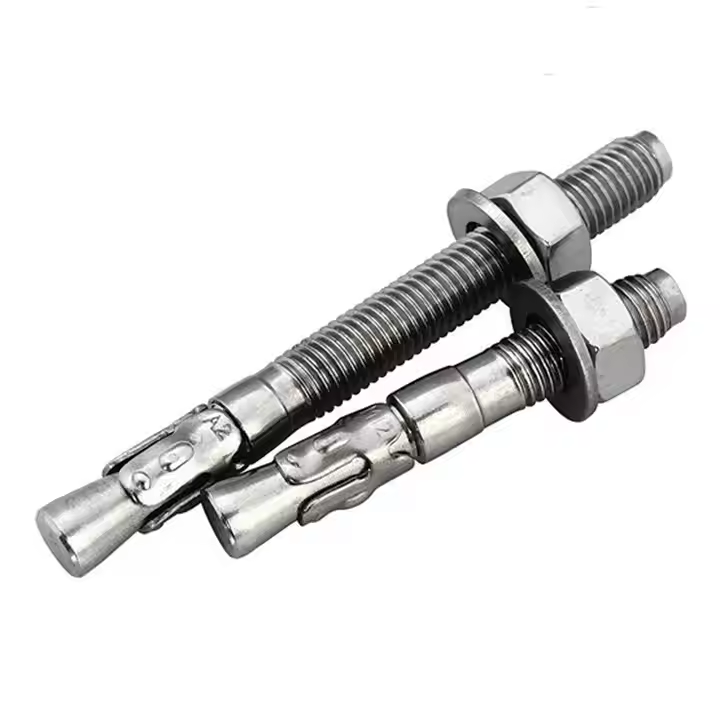
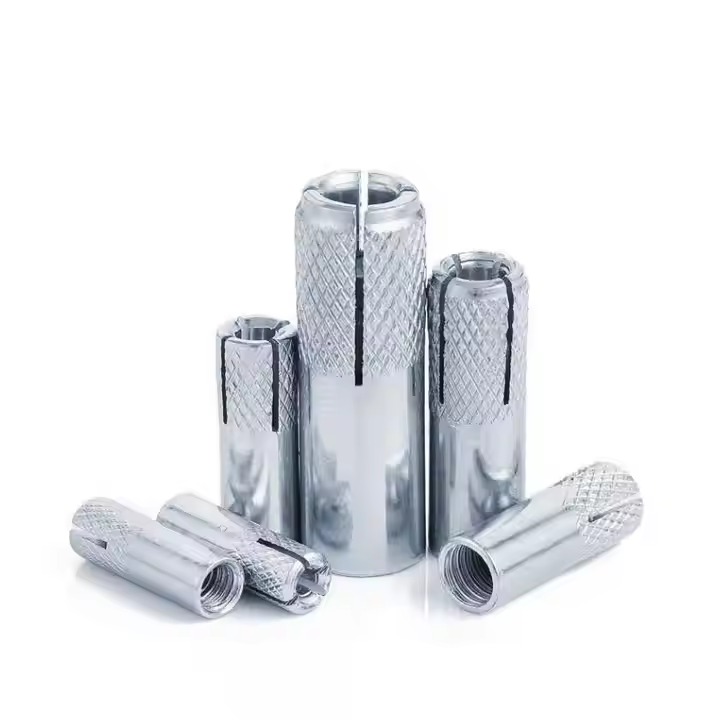
Please enter your email address and we will reply to your email.